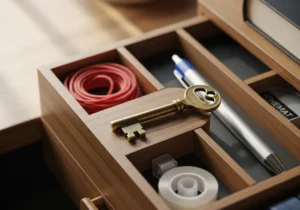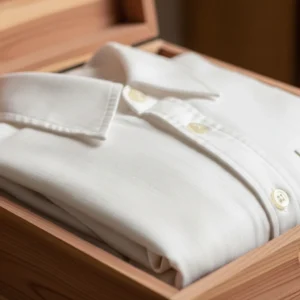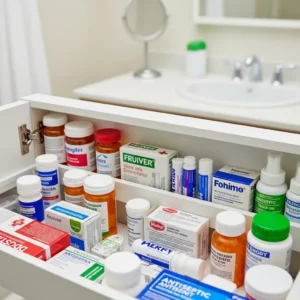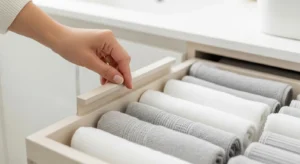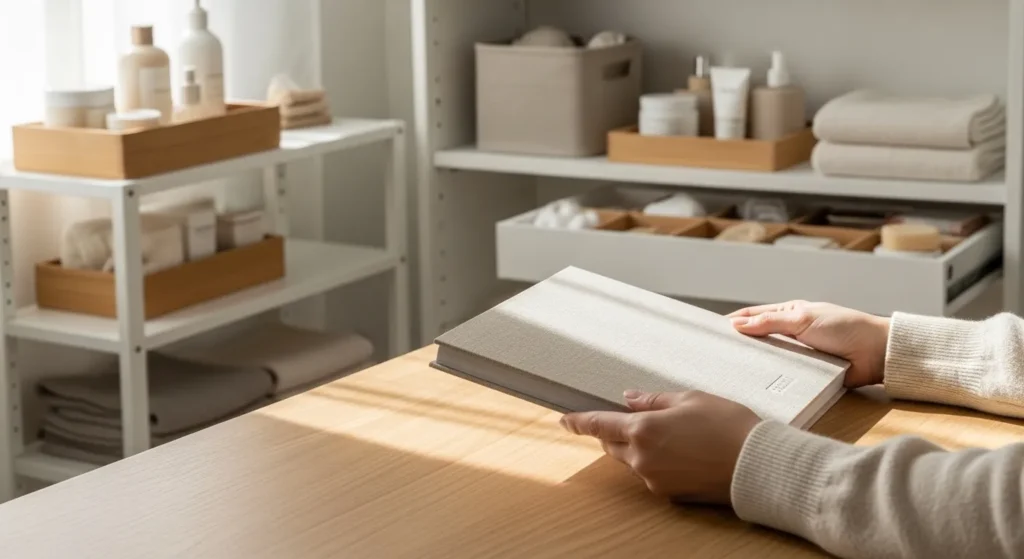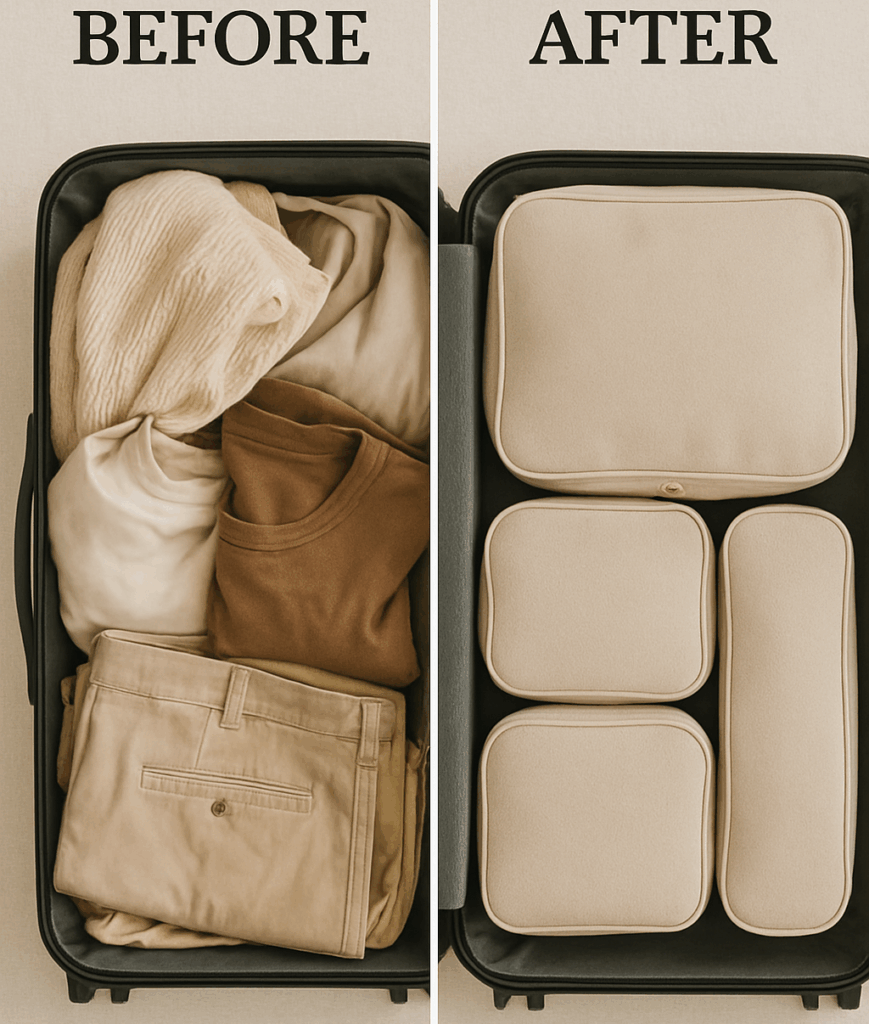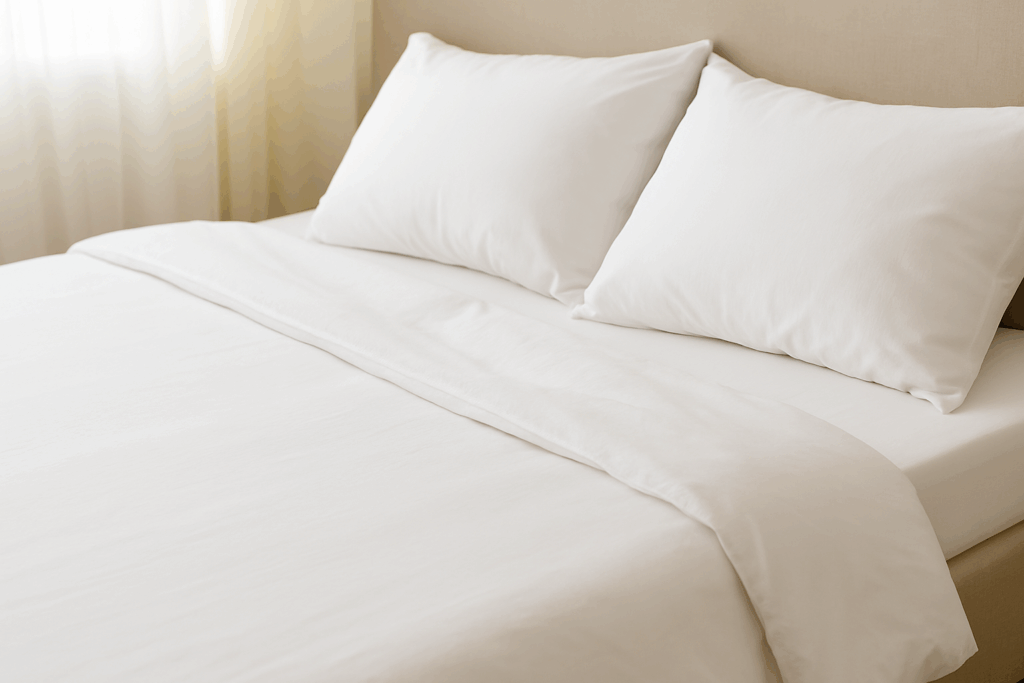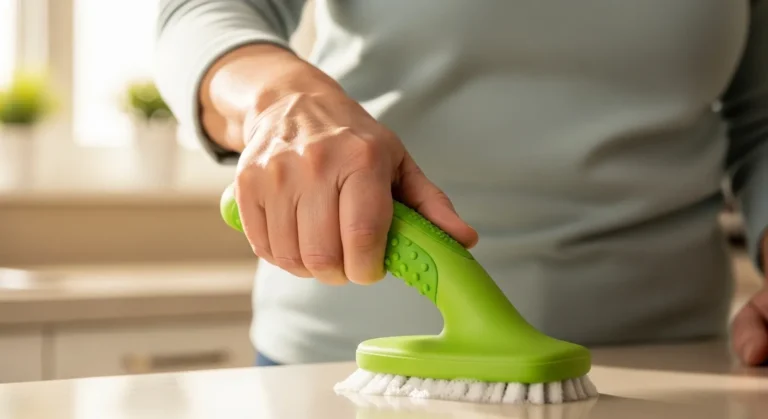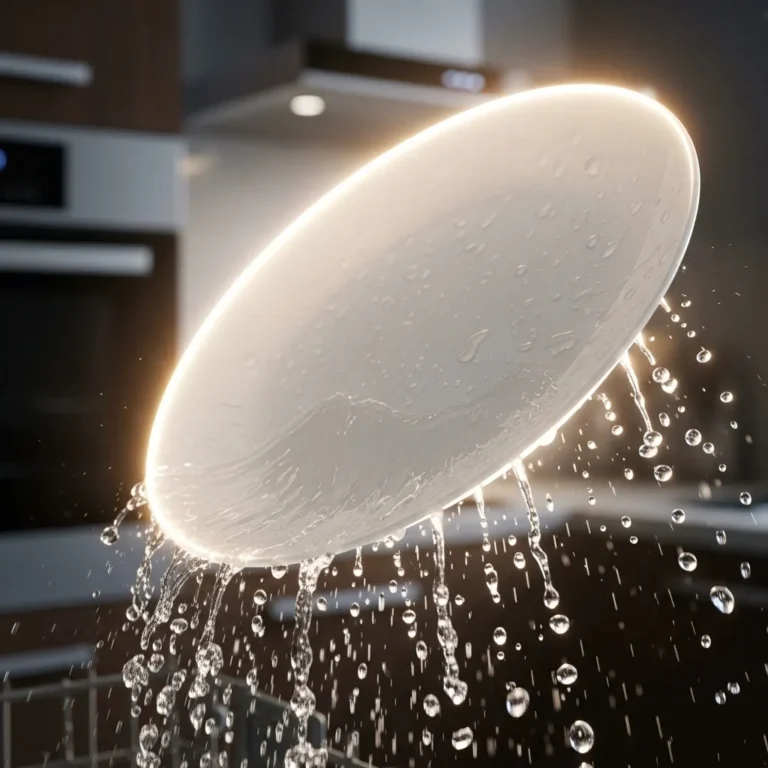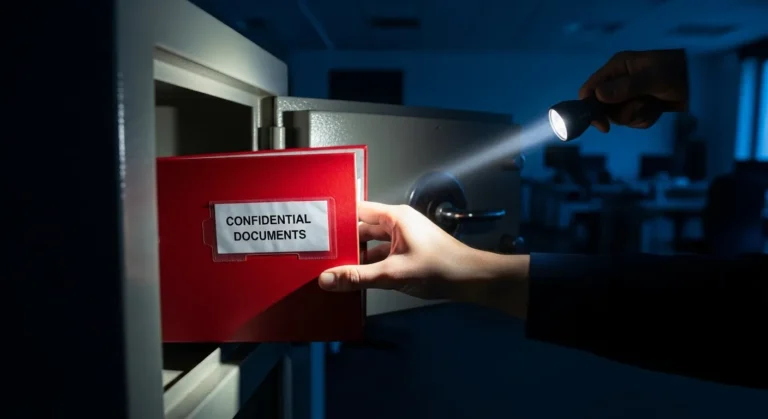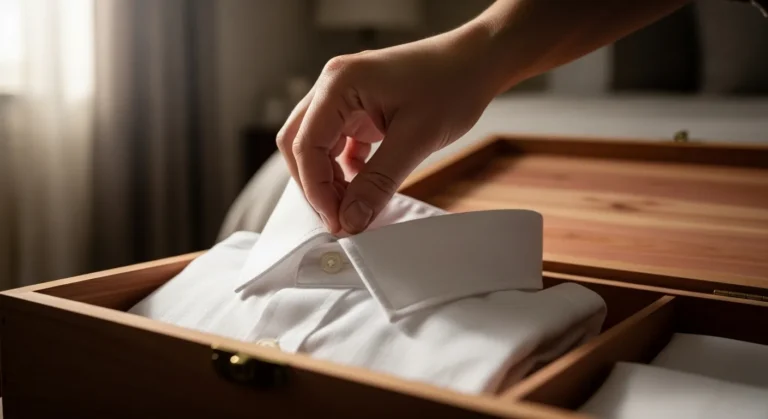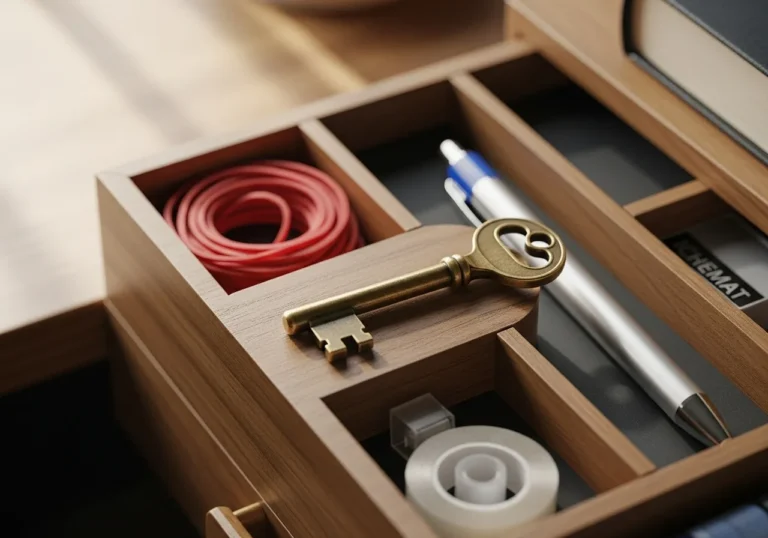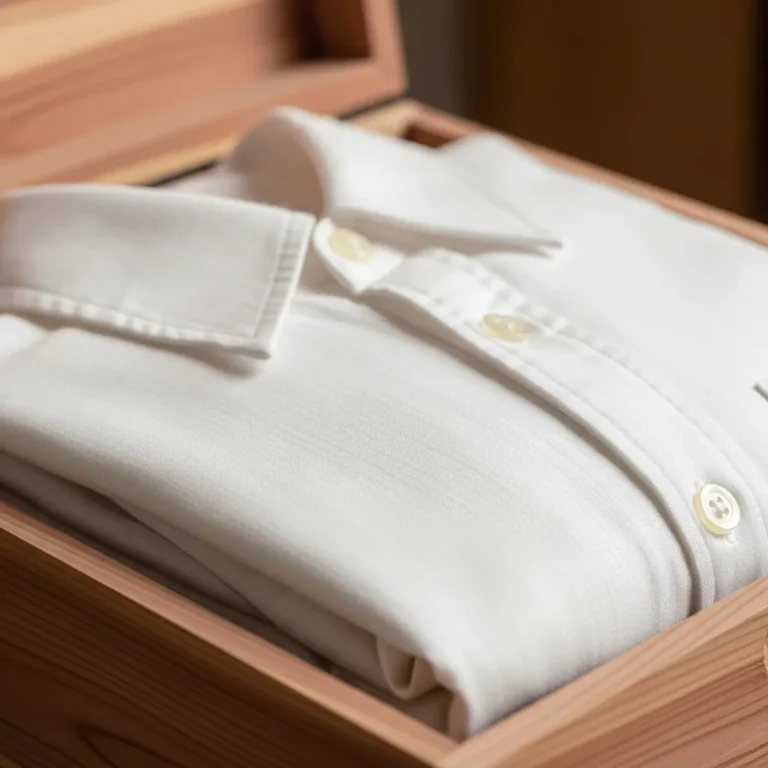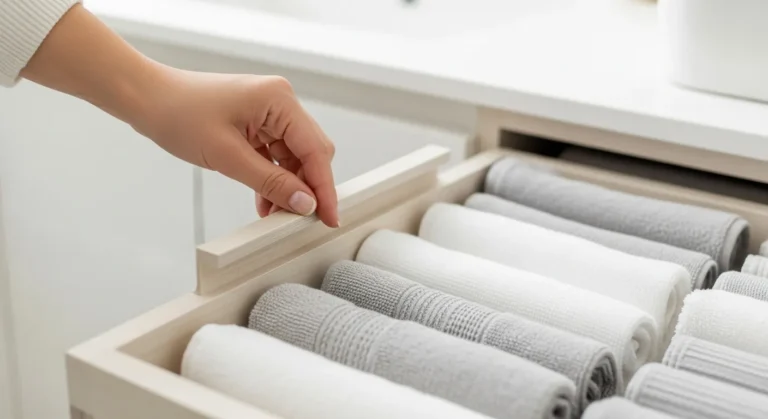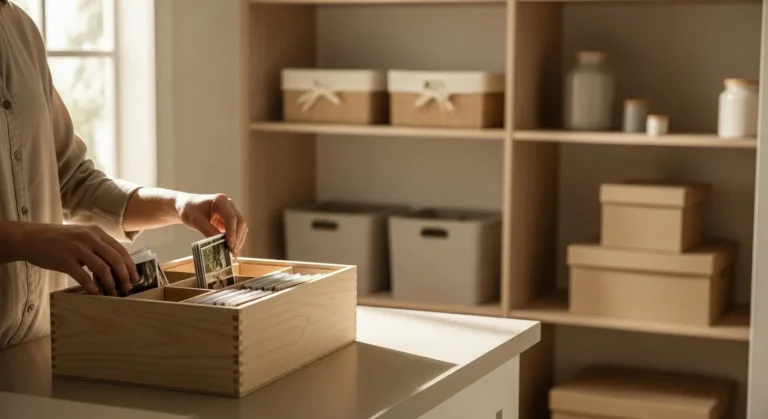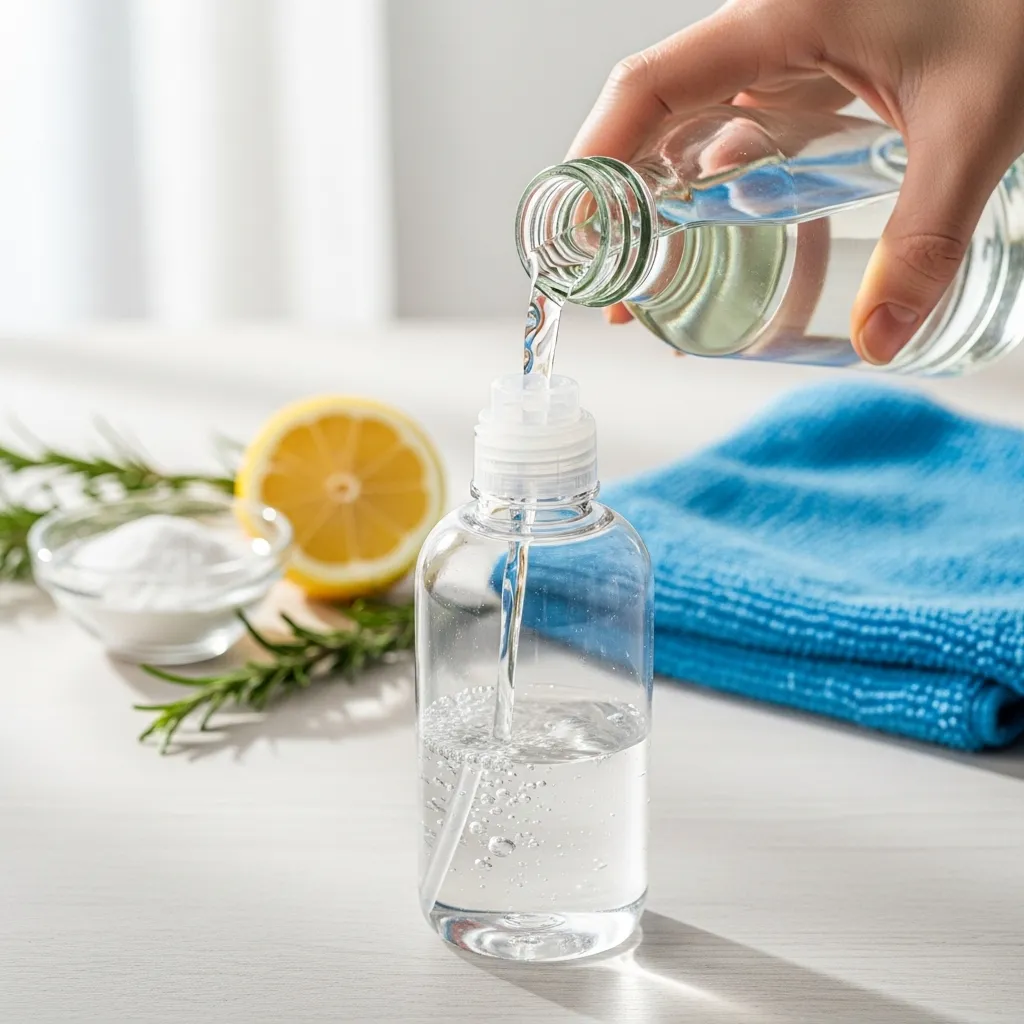
Frequently Asked Questions about Non-Toxic Cleaning
Switching to homemade cleaners can bring up a few questions. Here are answers to some of the most common ones we hear, helping you clean with even more confidence.
Can I use apple cider vinegar instead of distilled white vinegar?
While you technically can, it’s not recommended for general cleaning. Distilled white vinegar is the preferred choice for a few key reasons. First, it’s completely clear, so there is no risk of it staining surfaces, whereas the brownish color of apple cider vinegar could potentially discolor light-colored grout or fabrics. Second, distilled white vinegar has a standardized acidity level (usually 5%), so you know you’re getting consistent cleaning power. Finally, it is typically much less expensive, making it the most practical and economical choice for your DIY cleaners.
Are these DIY cleaners disinfectants?
This is a very important distinction to understand. The answer is no. Cleaning and disinfecting are two different things. Cleaning removes dirt, germs, and impurities from a surface. Our vinegar and baking soda recipes are excellent cleaners. Disinfecting uses chemicals to kill germs on a surface. While vinegar does have some mild antimicrobial properties, it is not strong enough to be considered a disinfectant and is not registered as one. In situations where you need to disinfect a surface—for example, after a family member has been ill with the flu or when handling raw meat—it is best to use a product that is specifically registered as a disinfectant with the U.S. Environmental Protection Agency (EPA). Always follow the product label’s directions for dwell time and use to ensure you are effectively killing germs.
How long do homemade cleaners last?
Because these DIY cleaners are made without preservatives, they don’t have the same long shelf life as commercial products. It’s best to make them in small batches that you can use within a few weeks to a month. A good rule of thumb is to mix up just enough to fill your spray bottle. If your cleaner starts to look cloudy, develops a strange smell, or just doesn’t seem to be working as well, it’s time to discard the old batch and mix a fresh one. Using distilled water can help prolong its freshness slightly compared to tap water.
My vinegar cleaner has a very strong smell. What can I do?
The sharp smell of vinegar is one of the biggest hurdles for people new to green cleaning. The good news is that the scent dissipates very quickly once the surface is dry, and it doesn’t linger like artificial fragrances. If it bothers you, there are a few things you can do. First, ensure you are cleaning with good ventilation by opening a window. Second, you can add a few drops of your favorite essential oil, like lemon or lavender, to the mix. While it won’t eliminate the vinegar smell completely, it will make it more pleasant. Many people find that they quickly come to associate the smell with a truly clean home.

